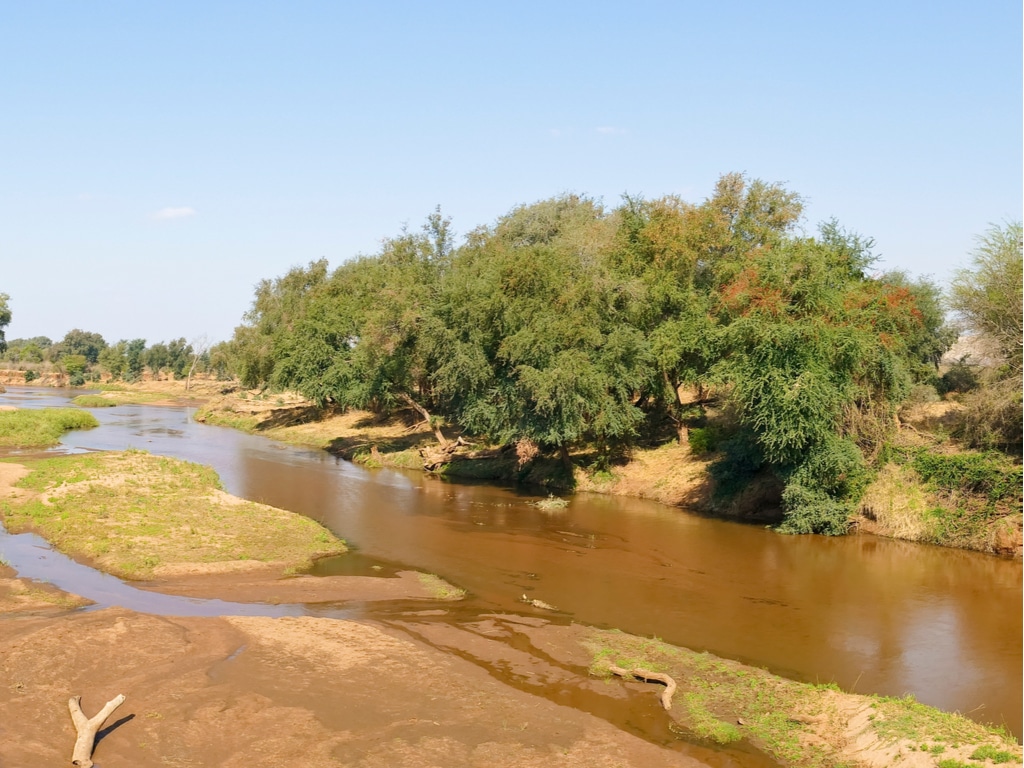In Burkina Faso, the Dutch public agency Rijksdienst voor Ondernemend Nederland (RVO) has published the results of the tender for the rehabilitation of nine water reservoirs and their catchment areas. The project was initiated by the Gourma Water Agency (AEG) and the Nakanbé Water Agency (AEN), two Burkinabe public bodies.
These reservoirs, built in the 1960s, will be rehabilitated after feasibility studies by a consortium consisting of Witteveen+Bos, Deltares, Netics and Bureau M2 from the Netherlands, and Bera from Burkina Faso. The consortium is currently developing scenarios for the rehabilitation of the reservoirs with local stakeholders. These scenarios include sediment management strategies, dam strengthening and dredging to protect and secure the already scarce water resources on which millions of people in the country depend.
The Witteveen+Bos-led consortium is also assessing the environmental and social impact of the water project. A tender document for construction companies will follow.
Work financed by RVO
According to Witteveen+Bos, the feasibility studies will last two years and will be financed by RVO. The Dutch agency will also support AEG, NEA and the Burkinabe government in the process of mobilising financial resources. The rehabilitation of the reservoirs itself will take four years from the start date of the work.
The nine reservoirs to be rehabilitated are operated by AEG and AEN. Among them is the reservoir that forms the 302 m high Bam Lake. The dam is built on a river near the town of Kongoussi in the province of Bam in central Burkina Faso. This river is gradually drying up, putting agriculture, fish stocks and livestock watering at risk. Lake Bagré will also be rehabilitated. Located in the Boulgou province, the reservoir provides water for irrigation.
Inès Magoum
